Nurturing Future Leaders: The McElhattan Foundation and Pediatric Palliative Care
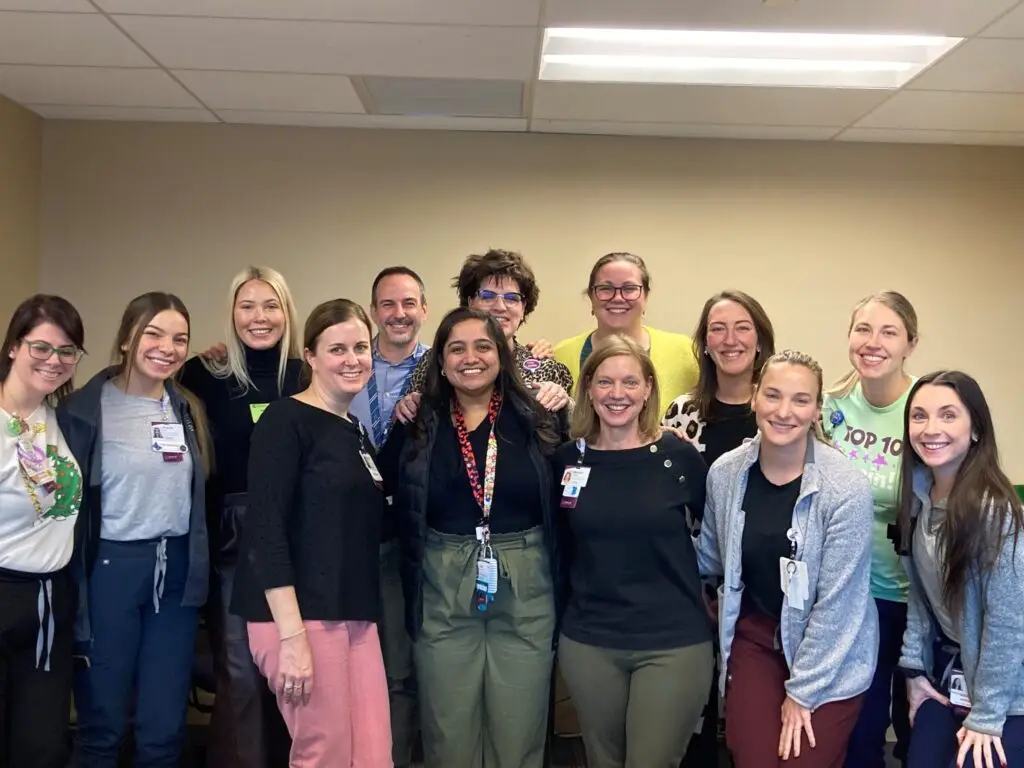
When families learn that their child’s condition will require significant long-term care, the Division of Palliative Medicine and Supportive Care at UPMC Children’s Hospital of Pittsburgh provides counseling and resources for the best care options to consider for their child.
Connor’s Unexpected Battle
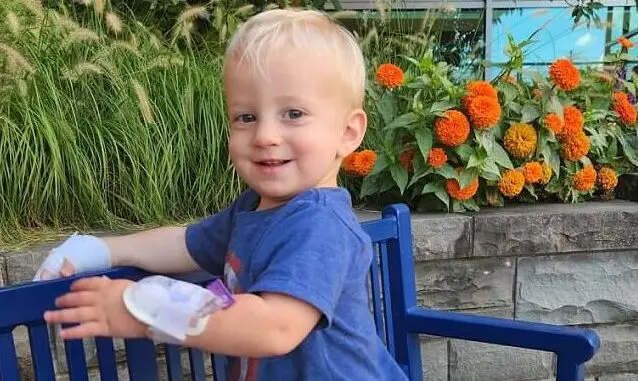
Connor’s accident happened in the blink of an eye. When his parents took him to the hospital closest to their home they were immediately sent to UPMC Children’s.
Harrison’s Journey to the Lab
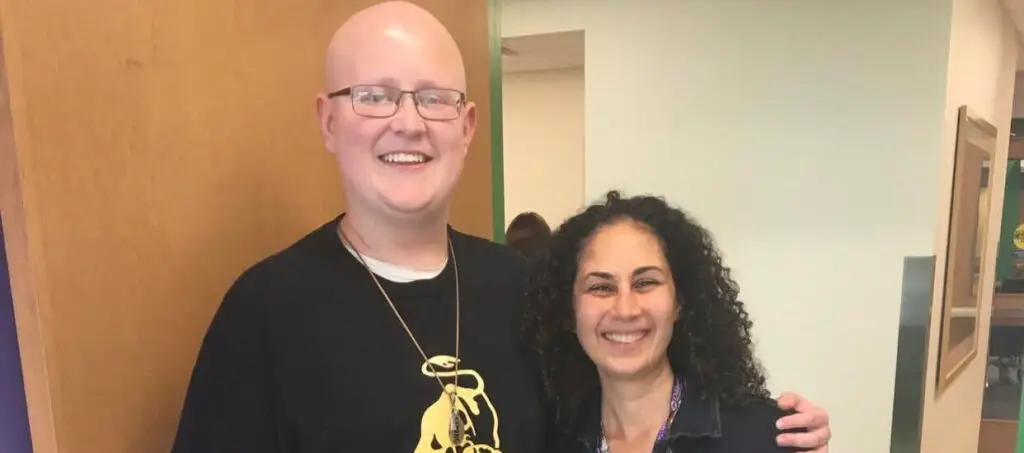
At age 14, Harrison was diagnosed with Stage IV Hodgkin lymphoma. He endured five rounds of chemotherapy and 14 radiation treatments as a high school freshman.
Creating Holiday Magic in the Hospital
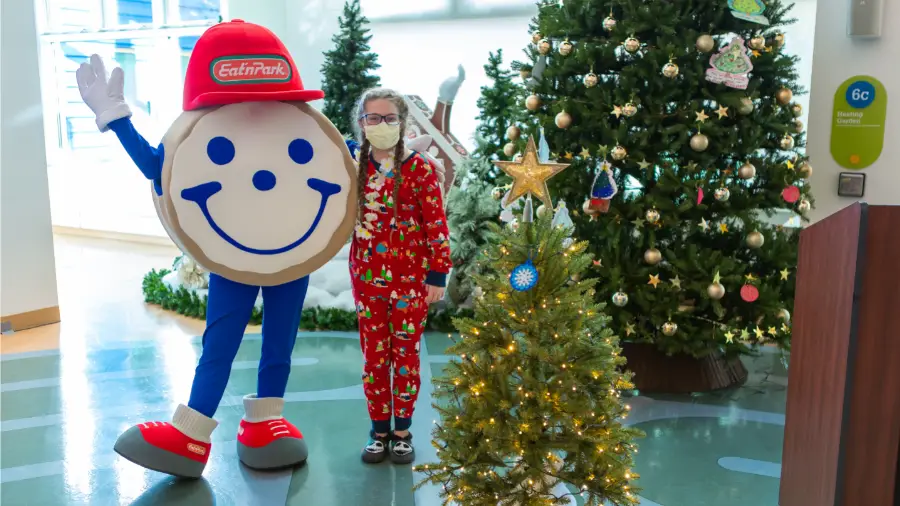
For kids and families at UPMC Children’s, a time of year that should be filled with joy and magic is often scary, stressful, and worrisome. Thankfully, our staff work tirelessly to create a little magic for families spending their holidays in the hospital.
Braxton’s Time to Thrive
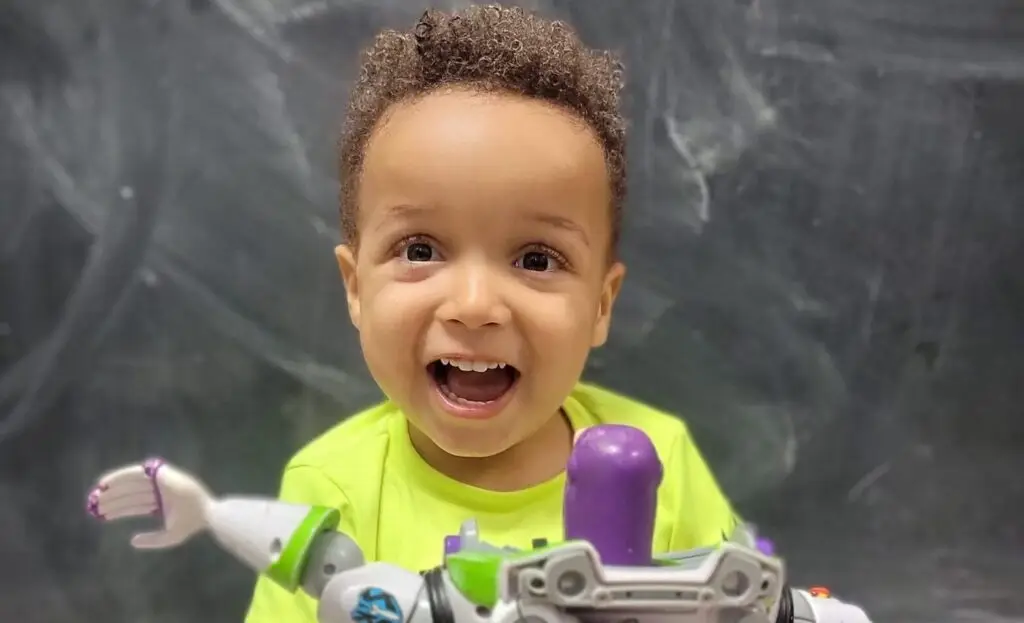
Braxton was born with 7q11.23 duplication syndrome, a genetic disorder that can cause a variety of neurological issues, developmental delays, and other conditions.
“BelleDozer” Triumphs over Thalassemia
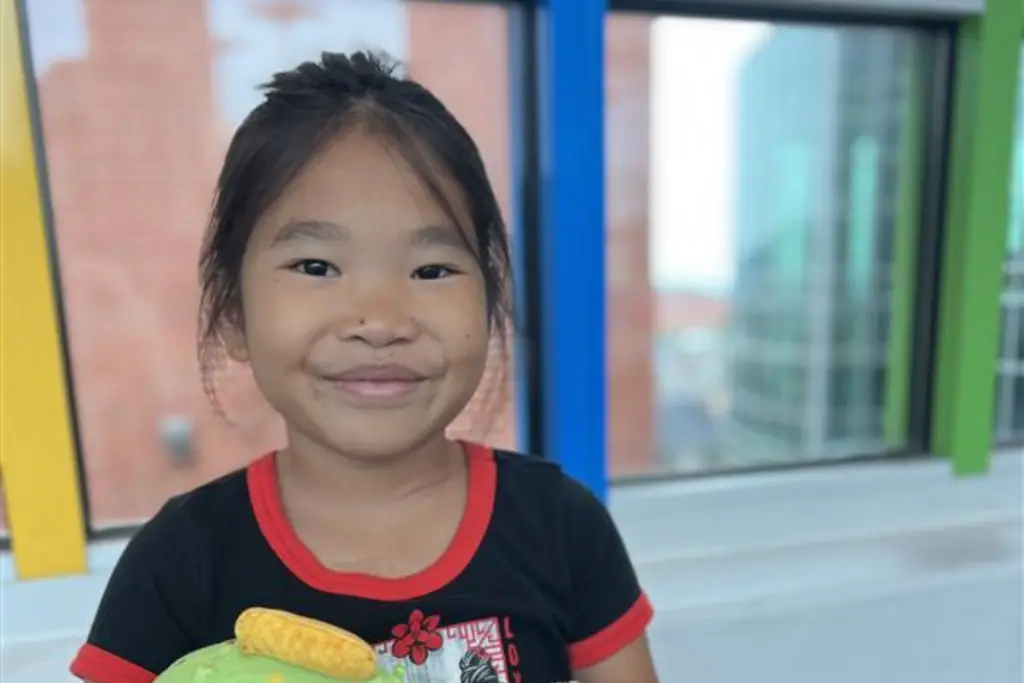
Belle was adopted from China when she was 19 months old. When her parents first met her, they knew she was special. They also knew Belle had potentially devastating blood disorder called thalassemia, which would require a lot of medical care.
The Pittsburgh Study Marks Five Years of Promoting Child Thriving and Racial Equity
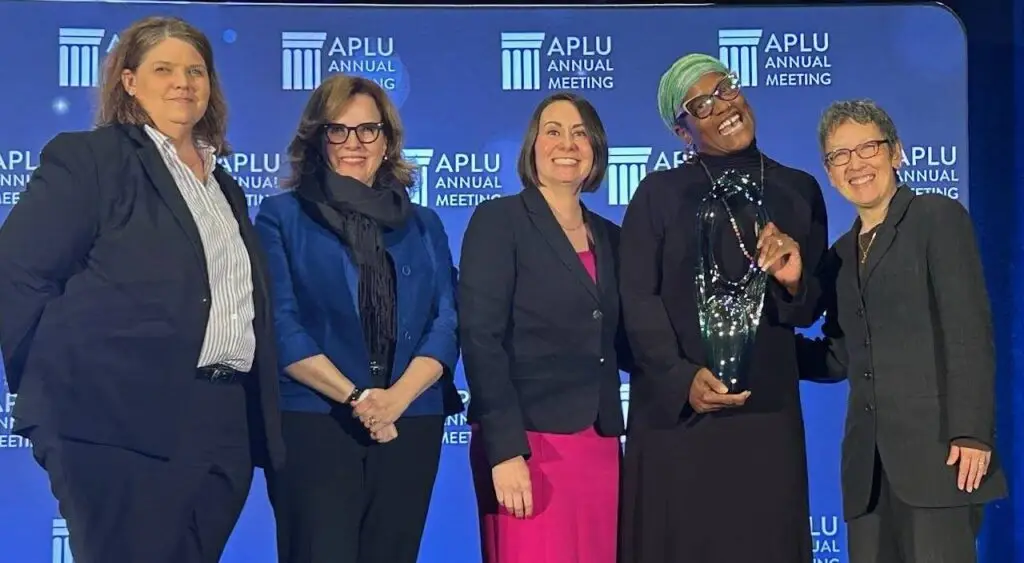
The Pittsburgh Study (TPS) marks five years of promoting child thriving and racial equity. TPS is transforming the landscape of community health and research by uplifting community connectedness, ensuring every child feels supported and loved.
Living Proof of Donor Impact: Meet Taytum
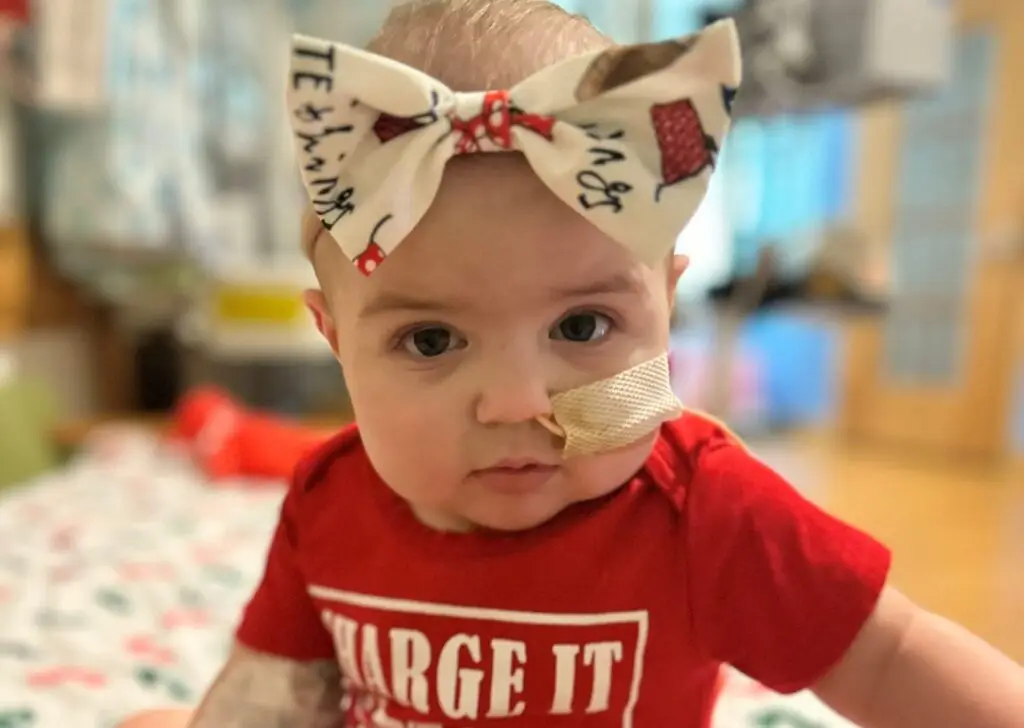
At 9 days old, Taytum’s life hung in the balance due to a rare heart condition. Learn about her family’s unwavering determination and the extraordinary care provided by UPMC Children’s Heart Institute.
Breaking Ground for the New Heart Institute at UPMC Children’s

UPMC Children’s Hospital of Pittsburgh has announced the construction of a new state-of-the-art facility for its nationally ranked pediatric cardiology program coming in January 2026.
The Renziehausen Trust: Empowering Innovations in Diabetes Treatment for Generations
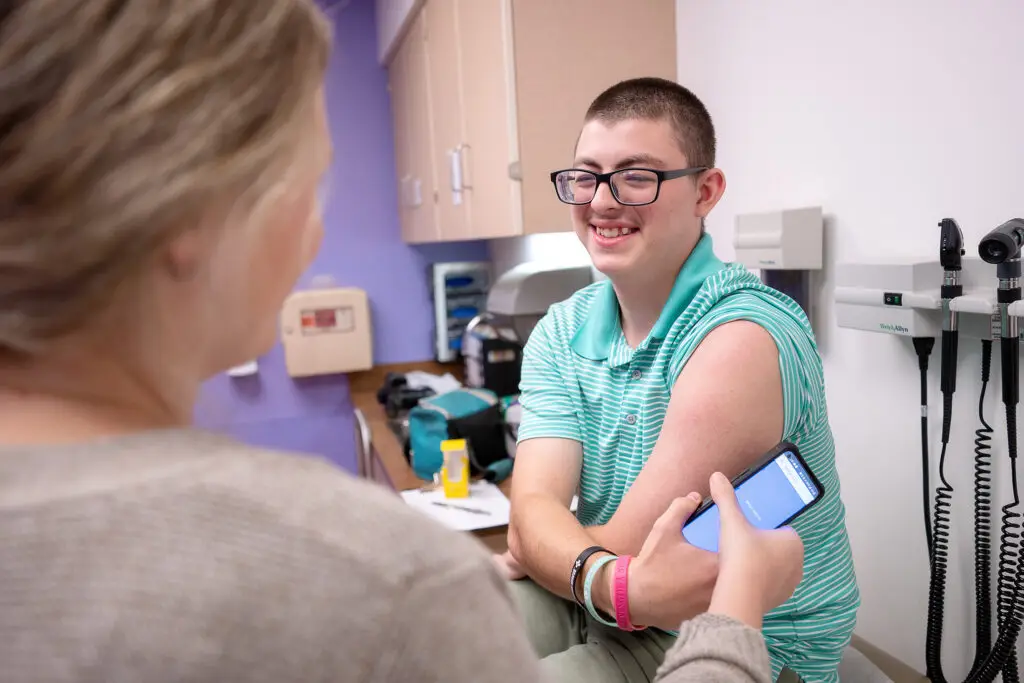
Learn more about the legacy of compassion and generosity that has transformed the lives of countless children battling diabetes.
